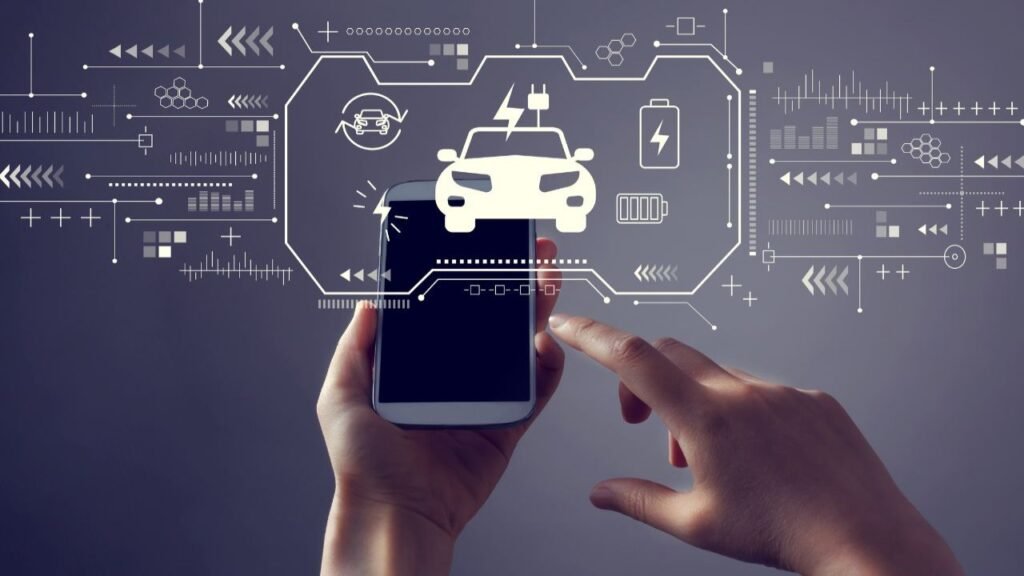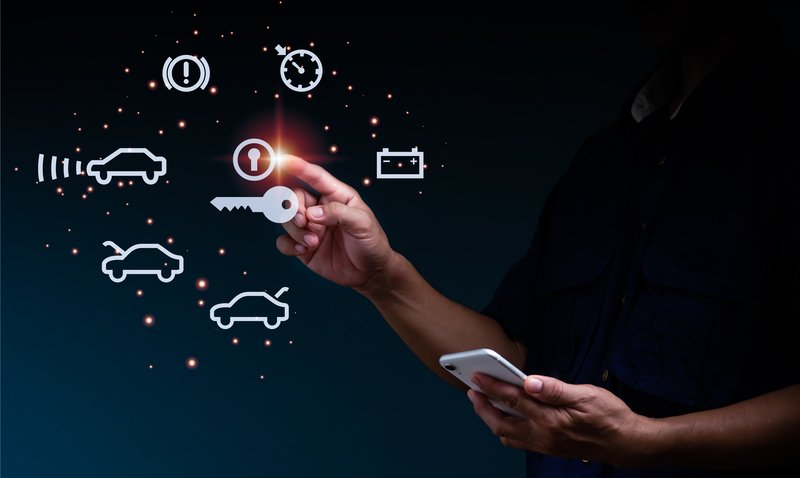In 2024, the automotive e-commerce landscape is more dynamic than ever. With increasing consumer trust in online transactions and technological advancements, the way we buy and sell cars is changing rapidly.
For auto dealerships, staying ahead means leveraging the best digital marketing for auto dealerships to attract and retain customers.
Let’s dive into the current state and trends shaping automotive eCommerce this year.
Current State of Automotive eCommerce
Growing Consumer Trust
Consumers are becoming more comfortable purchasing vehicles online. A study by Statista indicates that 74% of car buyers now start their shopping journey online. This shift is driven by several factors:
- Convenience: Shopping from home saves time and effort.
- Transparency: Online platforms provide detailed vehicle information and customer reviews.
- Comparison: Buyers can easily compare prices and features across multiple dealerships.
Increasing Sales
Online car sales are on the rise. According to eMarketer, the automotive eCommerce market is expected to reach $70 billion by the end of 2024. This growth is fueled by both new and used car sales.
Technological Advancements
Technological innovations are transforming the automotive eCommerce space. Features such as virtual showrooms, 3D car tours, and AI-driven recommendations enhance the online shopping experience, making it more interactive and personalized.
| Technology | Description |
| Virtual Showrooms | Immersive online environments to explore cars |
| 3D Car Tours | Detailed, interactive views of vehicle interiors |
| AI-Driven Recommendations | Personalized suggestions based on user behavior |
Trends to Watch in 2024
Enhanced Online Financing Options
Financing a car online is becoming simpler and more accessible. Many platforms now offer instant loan approvals, customized financing plans, and seamless integration with lenders. This trend makes it easier for buyers to complete the entire purchasing process online.
Subscription Services
Car subscription services are gaining popularity as an alternative to traditional car ownership. These services allow customers to “subscribe” to a car for a monthly fee, which includes maintenance, insurance, and other costs. This flexibility appeals to younger consumers who prefer access over ownership.
Direct-to-Consumer Sales
Automotive manufacturers are increasingly adopting a direct-to-consumer (D2C) model. This approach cuts out the middleman, allowing manufacturers to sell directly to customers through their websites. Brands like Tesla have successfully implemented this model, and others are following suit.
Sustainable Practices
Sustainability is a growing concern among consumers. Dealerships and manufacturers are responding by promoting electric vehicles (EVs) and eco-friendly practices. Online platforms highlight the benefits of EVs, such as lower running costs and reduced carbon footprints.
Integration of Augmented Reality (AR)
AR technology is being used to provide an immersive shopping experience. Buyers can use AR apps to visualize how a car would look in their driveway or test different paint colors and accessories. This trend makes the online shopping experience more engaging and interactive.
Key Insights for Dealerships
Importance of Digital Marketing
To thrive in this evolving landscape, dealerships must invest in digital marketing. Utilizing the best digital marketing for auto dealerships can significantly boost online visibility and customer engagement. This involves a mix of:
- SEO: Optimizing website content to rank higher on search engines.
- Social Media Marketing: Engaging with potential buyers on platforms like Facebook and Instagram.
- Email Campaigns: Sending personalized offers and updates to potential customers.
Embracing Omnichannel Strategies
Consumers expect a seamless experience across different channels. An omnichannel approach ensures that customers can switch between online and offline touchpoints without any friction. For instance, a buyer might start their search online, visit a physical showroom to test-drive the car, and then complete the purchase online.
Data-Driven Decisions
Leveraging data analytics can provide valuable insights into customer behavior. Dealerships can use this data to:
- Personalize marketing campaigns
- Optimize inventory management
- Enhance customer service
Conclusion
The automotive eCommerce landscape in 2024 is characterized by rapid growth and innovation. Consumer trust in online car purchases is at an all-time high, and technological advancements are making the process smoother and more engaging.
As financing options improve and subscription services become more popular, the industry is set to expand even further!




